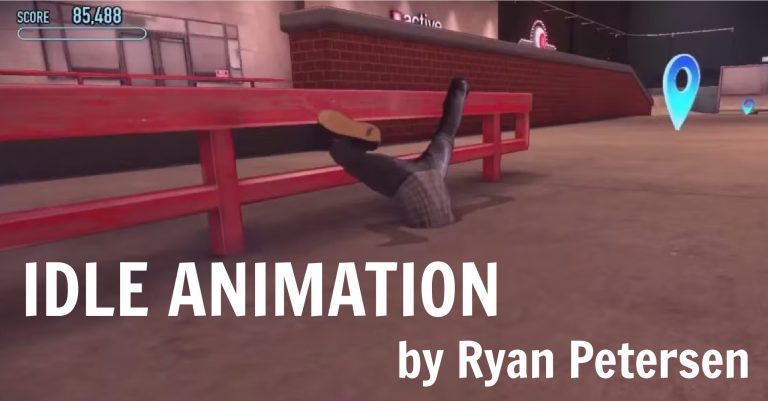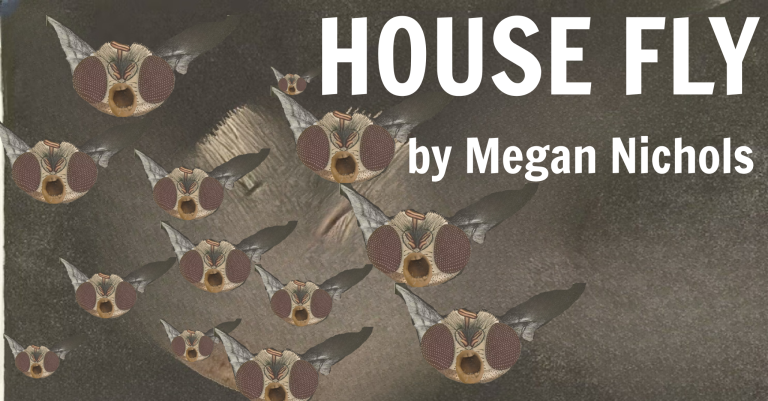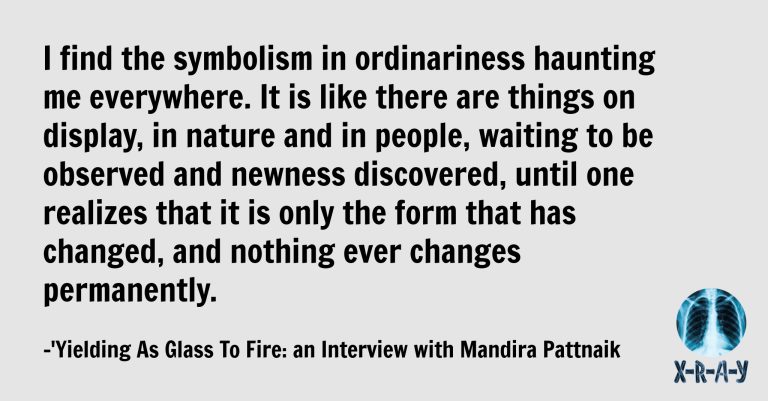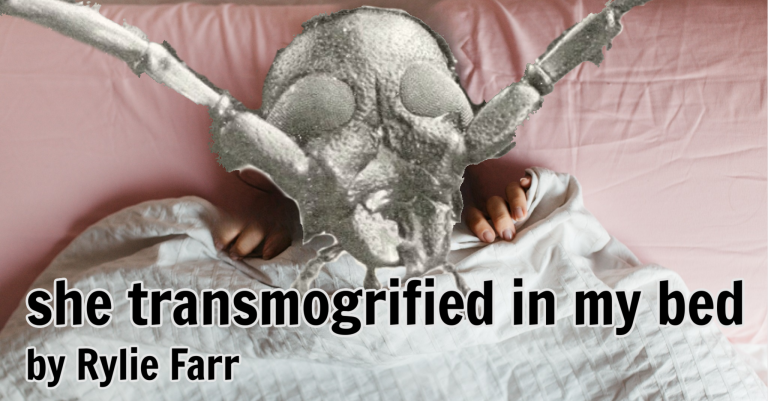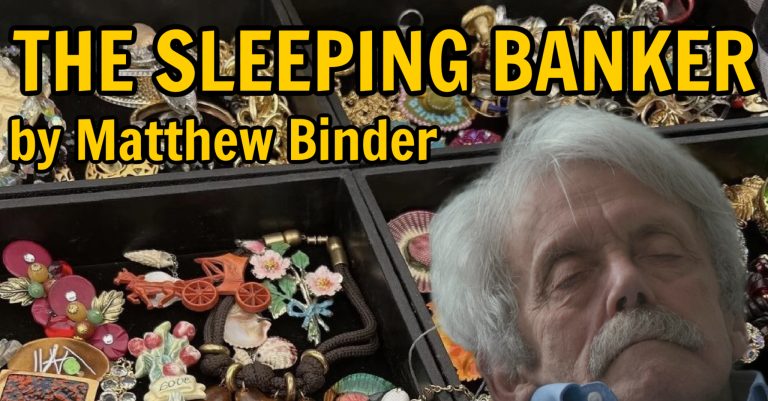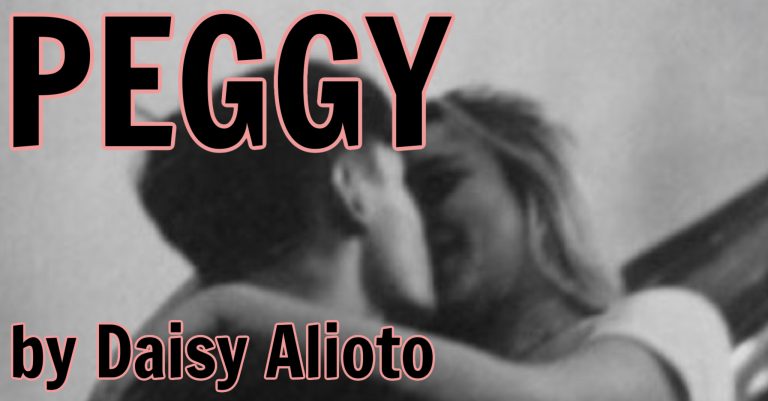
CLUSTER by Katherine Plumhoff
People say they see their dead moms in blue jays and buttercups, robins and rhododendrons, but mine told me she’d never come back as something so abominably dull, and to keep an eye out for spiders. It’s a bright spring day and mown grass, cut by a neighbor, foams at the edges of the yard like a fresh-pulled pint. I am crouched in the corner of the patio, sifting through a 50L sack of soil that’s been slumped here since she lost the strength to stand. Digging for arachnids and coming up short. Two trowels deep. Late and making us


